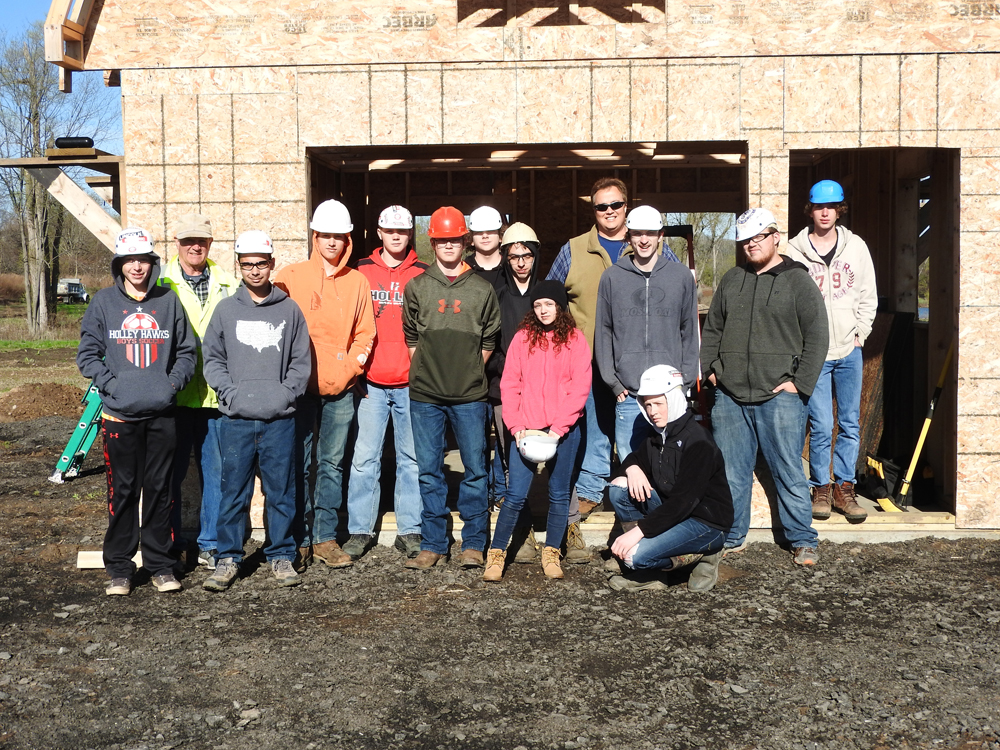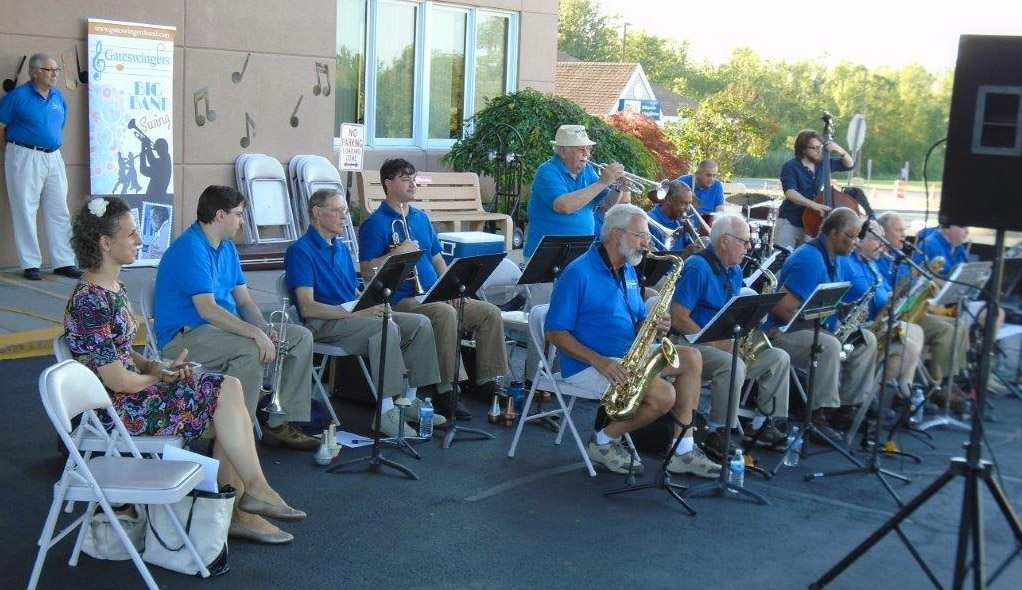Braddock Bay Restoration Project provides valuable science lesson for students
Dan Hickey, fifth-grade science teacher at Churchville-Chili Middle School, read a newspaper article last year about the Braddock Bay Ecosystem Restoration Project and decided to go beyond just cutting out the article and sharing it with his students.
For the second year in a row, he invited representatives from the U.S. Army Corps of Engineers’ Buffalo District, working on the project, into the classroom. During their May 12 visit, the representatives explained how the nearly $10 million project along the Lake Ontario shoreline in Greece is restoring an ecosystem and how science plays such an important role in a successful outcome.
Braddock Bay is the largest ecosystem restoration project currently in progress on the Great Lakes and is being funded by the Environmental Protection Agency.
Students learned how important fish and wildlife are to the makeup of an ecosystem as diverse as Braddock Bay. Joshua Unghire, a restoration ecologist from the U.S. Army Corps of Engineers, explained how improving the habitats of local fish and wildlife are at the forefront of the project. He said particular attention is being paid to northern pike and the state-endangered black tern.
Students asked a range of questions about how the project affects the food chain, who’s paying for the project, and how long it would take to finish restoring the barrier beach made of stone and sand.
Asked by Unghire what was the predominate vegetation at Braddock Bay, a student correctly answered, “cattails.”
“Younger students find this interesting,” Unghire said. “It’s a good way to get them interested in ecology.”
It was also an opportunity for students to understand the types of jobs involved with the project. Unghire explained there are scientists, contractors and engineers working to restore Braddock Bay’s ecosystem. He also noted how public input had to be gathered before the project could start, particularly due to the economic impact. The Town of Greece is counting on the project improving access to the bay for recreational boaters and bringing new life to the marina there.
“It’s great when you can get a project that has both economic and environmental benefits,” Unghire explained to the students.
The project, which started in January 2016, is expected to be completed this fall. Progress has been slowed due to Lake Ontario’s high water levels, which have resulted in significant flooding for shoreline communities.
Provided information






